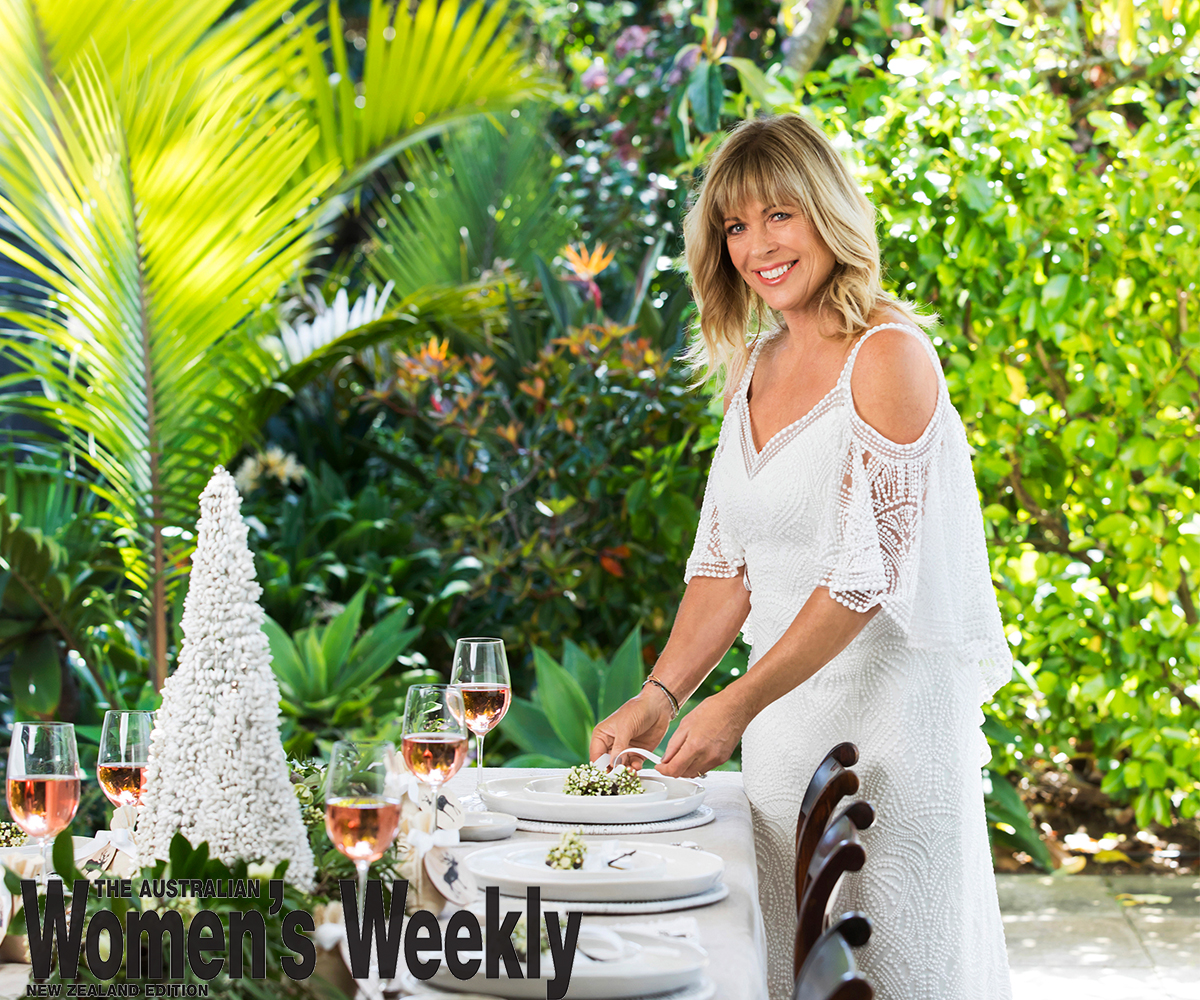There’s long been an image that goes with being a single mother – struggling, broke and having a tough time juggling work, children and finances. Even the mention of being part of this demographic can evoke an involuntary pity face in some people. But is that picture relevant in 2018? Does parenting on your own always mean being short of money? And is it all doom, gloom and being judged by society?
Maybe not. For a start, the numbers have certainly increased and there are more single-parent households in New Zealand than a few decades ago. According to Census data, solo parent households have risen from 151,755 in 1991 to 201,804 in 2013 and there’s still a very high likelihood of that solo parent being female. There’s also some evidence it may be a little easier for women to parent on their own.
Moeata Keil, a PhD student at the University of Auckland who has lectured on the changing nature of family, says the difference in women’s economic position from even a generation ago has helped to make life slightly less challenging, in some ways, for single mums. “While there’s still a gender pay gap, it’s much less than it was back then. Many women are more empowered in a single-parenting situation.”
Megan Sanders is an example of this. The former advertising executive split from her husband six years ago, when her son Jimmy was eight months old. Recently remarried, Megan was a single mum for five years and in that time started Pineapple Heads, a company that produces natural haircare for kids. She has since sold that and started another company – Earth, Wind and Indigo – which deals in wearable crystals.
Megan admits money was a bit tight at the start, but the formidable 46-year-old’s company’s products went from concept to shelf in just 90 days. In some ways, she thinks it was easier not being in a nuclear-family situation.
“It was tough at the beginning. I was freelancing during the day, getting home to have some time with Jimmy before it was his bedtime, and then I’d work on Pineapple Heads.”
While she admits to missing Jimmy on the days he spent with his dad, and still does, there were definitely some advantages to starting a business as a solo mum.
“I didn’t have to worry about a relationship or another person’s needs. I could stay up until midnight if I wanted to, or have boxes around the house if I was trialling shampoo, or have meetings in the weekend. One of the great things about being a single mum is that you run the house. I think that space for me – especially being creative and pulling the business together – was great at the time.”
Rachel Bright* a solo mum-of-two primary school-aged girls agrees. “Dirty dishes and clothes don’t accumulate at my place and my schedule is my own. I’m not resentful that someone didn’t pick up the groceries after work or put the rubbish out in time, like so many of my girlfriends.”
And, every so often, if the girls want to have toasted sandwiches, a bowl of cereal or pancakes for dinner, they can.
“Somehow it just feels like less pressure. And as for the actual parenting, I love being in sole command and would never give that up now. It’s just me, my values and my style. Although I am grateful they have access to other values and another style at their dad’s house. That’s good for them too.”
Megan concurs: the lack of conflicting parenting styles can make life easier.
“It’s nice not to deal with the disagreements. It was good for me being able to just roll with what I felt was right for Jimmy and not have different points of view from a partner.”
So how does society see single women now? Rachel says people don’t bat an eyelid about her being a single mum but she does think they are surprised when they find she lives in a nice house in Auckland and leads a very comfortable life.
“While I know some women do struggle financially, it’s not a blanket situation for all single mothers. The girls’ father has always been really generous with time and money, and I’ve always earned well enough myself. My daughters have never gone without. I often get the impression that people are surprised I’m not on the breadline.”
PhD student Moeata says past governments’ concerns about single parent families becoming a burden on the state helped created a stigma around families without a “bread-winning” father. But she’s hopeful this stigma is changing and the single mums we chatted to seem to think it has.
“We’re parenting in so many different ways compared to a generation or two ago.”
Moeata says this reduced stigma has also come from having more women in the workplace.
“The expectations around women’s roles as being a housewife and mum have changed so much that now more mothers are able to take a ‘cafeteria’ approach to how they want and choose to parent, and become a mother.”
In her child-free time, Rachel has finished a post-grad in business and qualified as a nutritionist on top of her current career.
“When the kids aren’t here, I can focus on what I’m doing without getting distracted by family life.”
Rachel admits it’s not always plain sailing. “Sure there are moments when you wish there was someone to hand off to, but on the whole, single motherhood has been pretty good to me.”
But what about when there’s no other parent to have the kids half the week? Megan Buckley had Ruby (2) with help from Fertility Associates as time was running out for her to meet a partner.
“My Plan A was always to do this the more conventional way, and for Ruby to have a mum and dad in a nuclear-family situation, but I just didn’t meet the right guy in the right timeframe so a donor was my Plan B.”
And she has no regrets. “I have had partners but when I look back, I realise if I’d had kids with any of those guys, we’d all be dealing with some fairly tricky stuff. The angst of an unhealthy relationship would have been a whole extra factor that wouldn’t have been good for any of us, especially my daughter.”
While Megan has help from her mum, she says she still struggles with some of the aspects of single parenting. “Being the sole parent is relentless. It is just you when it comes down to it.” But she also sees the upside.
“I’m lucky to be able to decide how I want to parent, and follow my instincts instead of having to deal with the negotiation that can come if two parents have different ideas on how to raise kids.”
She also wonders whether she might be lucky not to have a whole extra family involved too. “I’m sure a partner’s family can bring a wonderful dimension but many of my friends say it can be complicated when in-laws interfere, even if it is well-intended.”
Rachel agrees. “We all have such little free time and sometimes I feel quite lucky not to have to fill it with loads of extended family obligations. The great thing is that my kids still get that lovely influence from two sets of grandparents, so I know they aren’t losing out.”

The IVF way
An increasing number of single women are opting for assisted reproduction, says Fertility Associates spokesperson Sarah Wakeman. Some would like to have a baby by using a sperm donor, while others want to preserve their fertility until a later date by freezing their eggs. Important things to know include:
- Age is one of the most important factors – talking to a specialist earlier will help your chances
when you are ready to have a baby.
AMH test, or Anti-Mullerian Hormone test, is a great place to start. Ovarian Reserve – the number of eggs a woman has left in her ovaries – falls with age. Understanding your own AMH result can help women to make decisions today that will help in the future.
Single and wanting to start a family? Accessing a sperm donor could be a path you want to consider. There are two types of sperm donors at Fertility Associates, a personal donor, or a clinic-recruited donor. A personal donor is someone you know, while a clinic donor is recruited by the facility. The fastest option to starting treatment is through a personal donor, as there’s a waiting list to access clinic donors.
The first consultation costs around $275 at Fertility Associates and includes:
Talking through your medical history, including possible family conditions
Discussing any past fertility tests, you may have had
A physical examination. You don’t need a referral – to access a first consultation, simply visit fertilityassociates.co.nz, or if you prefer you can talk to your GP and get them to refer you that way.
- Treatment options can include:
Egg freezing to preserve fertility
Intrauterine insemination with a sperm donor
IVF with a sperm donor.


